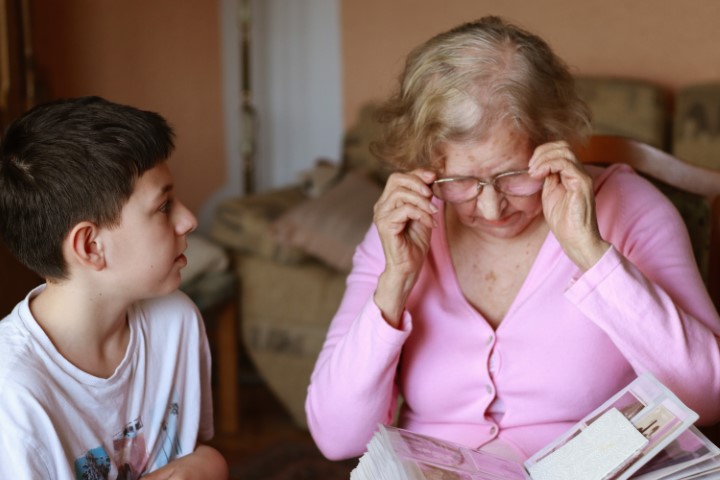Life as a Young Carer: The Inside Story
Being a young carer is like living two lives at once. In one life, you're a child or a teenager, dealing with school, friendships, and figuring out who you are. In the other, you're responsible for the wellbeing of a family member who depends on you. This could be a parent with a chronic illness, a sibling with a disability, or another relative who can't manage day-to-day life without your help. It’s a reality that most people simply don’t see.
Everyday Challenges
No two days are exactly the same for a young carer, but most are a marathon of tasks and responsibilities. The morning might start long before the school bell, helping a parent get out of bed, washed, and dressed, or making sure a younger sibling with special needs has had their breakfast and medication.
Then comes school. It can be hard to focus on a lesson when your mind is on what’s happening at home. You might be worrying if the person you care for has had a fall, or if they’re feeling lonely. Simple things like being on time can be a struggle if there’s a crisis at home, and homework often has to take a backseat to more urgent needs like cooking a meal, doing the laundry, or going to the pharmacy. After school, while friends are meeting up or going to clubs, a young carer is often heading straight home because their ‘second shift’ is about to begin.
The Emotional Toll
The work of a young carer isn't just physical. The emotional weight can be even heavier. There is the constant worry for the person they look after, a feeling that they always need to be on alert. Many young carers feel isolated, as if no one else could possibly understand their situation. It can be difficult to talk to friends about it, partly from a fear of being seen as different, and partly to protect their family’s privacy.
Feelings of guilt are common, too. A young carer might feel guilty for wanting to do something for themselves, like going to a party, because it means leaving their family member alone. They might feel angry or frustrated about their circumstances, and then feel guilty for feeling that way. It's a complex mix of love, duty, and the quiet loss of a carefree childhood.
Finding the Balance
Trying to balance caring duties with simply being a kid is one of the biggest challenges. The responsibilities at home mean that opportunities others take for granted are often out of reach. School trips, sports teams, sleepovers, or even just hanging out with friends can be impossible to plan for.
This lack of time for socialising and relaxing doesn't just mean missing out on fun; it can impact their development. It's during these times that young people build social skills, form lasting friendships, and discover their own interests. When caring takes up all your time and energy, there’s little room left for yourself. This constant juggling act can affect school attendance and attainment, which in turn can limit their choices later in life.
The Bright Side
Despite the immense challenges, being a young carer can also foster incredible strengths. It’s not a simple case of "what doesn't kill you makes you stronger," but the reality is that many young carers develop a maturity and a set of skills well beyond their years.
They often become excellent problem-solvers, highly resilient, and incredibly empathetic towards others. They learn practical skills like cooking and budgeting, and life skills like patience and responsibility. The bond they share with the person they care for is often exceptionally deep and built on a foundation of profound trust and love. While no child should have to take on adult responsibilities, the strength and character shown by young carers is something to be recognised and admired.
